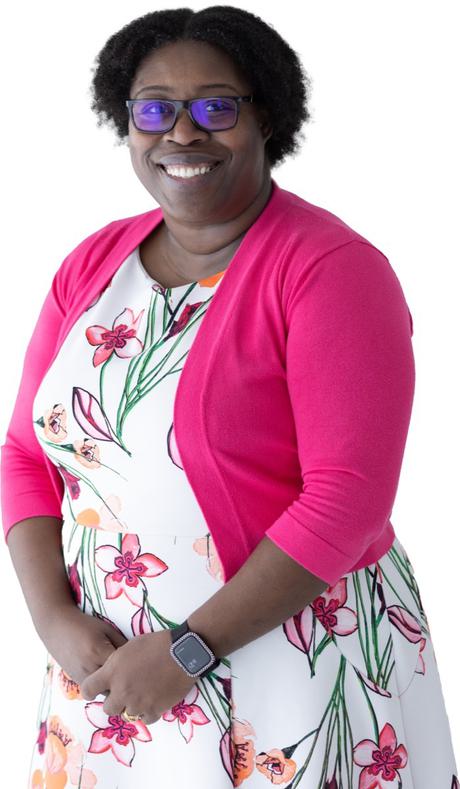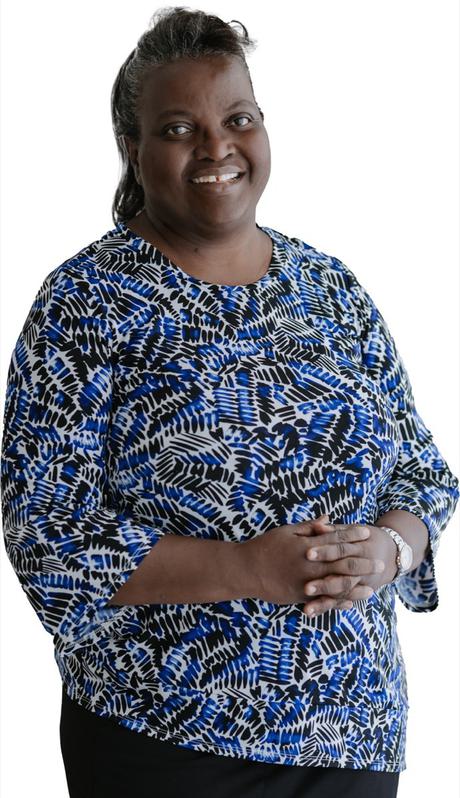Every child deserves a safe place to call home, but when certain problems arise, there are many who are left in the lurch. A foster family can provide a child in need with a temporary home away from home.
Foster care becomes necessary when a child is at risk of endangerment, abuse, abandonment, neglect or other issues. Although our Island can feel small, there are many children here who are in desperate need of this type of support. Fostering plays a critical role in providing love and stability, and there is a clear and urgent need for more foster families in the Cayman Islands. Below, we explain how the Department of Children & Family Services can help you change the lives of children in our community.
What is the Process of Fostering a Child?
For those interested in fostering, the Department of Children & Family Services (DCFS) can help pair you with a child in need. Although there is the option to foster privately, going through the DCFS channel is recommended because the department is an excellent resource. The DCFS provides valuable guidance and advice for first-time and veteran foster parents.
Step 1: Submit a Request
Contact the DCFS to begin your application. You can reach them by phone at (345) 949 0290 or email them at dcfsfostercare@dcfs.gov.ky and an initial interview with a social worker will be arranged.
Step 2: Complete the Forms
Prospective foster parents are required to submit a series of documents before approval. These include an application form, a police clearance certificate and a medical examination certificate. You will also be asked to identify two references. Every household member over the age of 17 will need to complete these tasks.
Step 3: Safety Evaluation
The Fire Service and the Department of Environmental Health will conduct an inspection of your home to ensure it is safe for children. With their approval, you will move on to the next step.
Step 4: Home Study
A social worker will then conduct a home study, where they will interview members of your family and any other people they deem relevant. During this time they will also perform a series of home visits.
Step 5: Final Review
Upon the completion of your home evaluation, the social worker will submit a report to the Senior Management of the DCFS for review and consideration.
From start to finish, the road to becoming a foster parent can take up to three months, but the impact you have on a child’s life will last forever. Once approved, you will be placed in the system and can be called upon whenever the need arises.
Day-to-Day Foster Family Life
Welcoming a new child into your home can be overwhelming, but it’s important to remember that you are not on your own. A social worker will continue supporting your family and the DCFS is excellent at helping navigate this transitional period. Not only do they provide important therapeutic outlets, but they also offer financial support. Foster families receive a stipend from the DCFS for the upkeep of each child, including a clothing allowance and the coverage of health insurance and school-related fees.
Every case is different and foster care can be a short-term or long-term commitment. The biggest priority of the DCFS is to reunite every child with their birth family, but sometimes reunification isn’t possible. If it’s determined that returning a child home isn’t a viable option, long-term plans will be explored.
Of course, there are some foster families who end up adopting, but the majority of placements are temporary. Before bringing a child into your home, you should ensure that your family is emotionally prepared to deal with the after effects of a placement ending.
Fostering can be challenging – it’s important to expect both highs and lows – but it’s also one of the most rewarding experiences. Through encouragement and support, we have the ability to help empower some of Cayman’s most vulnerable members of society. And in doing that, we can positively impact the social fabric of our collective home.
Every child is unique, and when there is a greater number of foster parents, there is a greater chance that the DCFS can match a child with a family best suited to their needs. More foster families also means kids spend less time waiting for a stable and loving home. On the next page, we hear from some of the people in our community who are doing their part to help.
Helpful Tip
There are many ways to help support foster families! Consider donating a gift certificate which can be used for activities, treats or anything else you think may help. Contact the Department of Children & Family Services at dcfsfostercare@dcfs.gov.ky for more information.

Tracy-Ann Taylor
Tracy-Ann is a foster parent who has spent her life working with organisations that specialise in helping children and adolescents.How did you find the process of becoming a foster parent? In 2014, my husband and I approached the DCFS to inquire about adopting a toddler. At the time, there were none in the system, but we ended up learning about the urgent need for more foster parents in Cayman. We ultimately decided that we needed to help. The assessment process was thorough and it took a few months before we received confirmation that we were approved. During this time it’s best to be patient and let the process run its course. The checks and safeguards are not only in place to protect the child, but you as well.
What are some of the challenges that come with fostering? Children within the foster care system do experience challenges, whether academic, physical or psychological. It’s important to remember that they are also kids and any parent knows that kids will test boundaries. Foster children are no different and you must remain patient. The DCFS does try to mitigate the foster parent/birth parent dynamic, but there are times when children will go back and forth between two homes and this can be challenging.
What have you learned since becoming a foster parent? For me, the fundamental lesson is that there will always be things outside of your control. You must focus on what you can manage and not be afraid to ask for assistance. If necessary, let go of what you can’t manage and recognise that sometimes you can’t help every child. Fostering will change you, for the better in most instances, but it will also challenge everything you thought you knew as a parent. As an individual, I was always confident in my ability as a parent and my tenacity to figure things out on my own. When I began fostering, I had to rethink this approach and learn that asking for help is not a sign of weakness.
What has been your proudest moment as a foster parent? We once received a child who was nine years old. They were entering year five at school but functioning on a year one level. We worked with a private tutor for one year. It was challenging and frustrating at times, but the child never gave up. Over this period, they were able to move up to a year four level. Words cannot express the joy on that child’s face when at the school awards ceremony, they received an award for most improved reader. We were very proud.

Shelda Seymour
Over the past 20 years, Shelda has fostered 13 children and helped make a difference in the lives of many Caymanian youths.How long have you been a foster parent? I've been a foster parent for the past 20 years. Initially, I had no intention of becoming one, but there was a situation with two siblings where a placement couldn’t be found to keep them both together. I felt the urge to open my home to accommodate their needs and to keep them from being separated. After caring for them for several months, I considered becoming an official foster parent.
What is the most rewarding thing about becoming a foster parent and what are the challenges? My son has taught me selflessness, humility and patience. When we become parents, it becomes more about our kids than it does us. We owe them every opportunity to strive and flourish.
What are some of the challenges that come with fostering? Fostering has many challenges, but it also has many rewards. Most of the children in foster care come from broken homes. As a foster parent, you become the person who offers a listening ear, gives advice and shows them love and support. You may not feel that these things have a great effect on the lives of these kids, but I’m here to tell you that they do. When it comes from a caring and loving heart, even the smallest piece of advice has the capacity to be the greatest thing to a child in need. As a foster parent, I feel blessed to know that I have had a positive and life-changing effect on the children that have come into my home. I want each of them to grow up and be respectful and valuable members of our society.
How would you like to see the lives of foster children improve? For starters, it would be great to have more community involvement – for example, a person or business offering free lessons in music or swimming. It would mean that foster parents would not have the full responsibility of financing all of the extracurricular programmes, and kids would have even more opportunities for growth. It would also be nice to have more scholarships available for foster children who have maintained a high GPA, especially when it comes to university and going overseas. Many foster children do not have the opportunity to travel overseas, so working toward a scholarship could give them a sense of pride and they will strive to want more for themselves in their lives.





